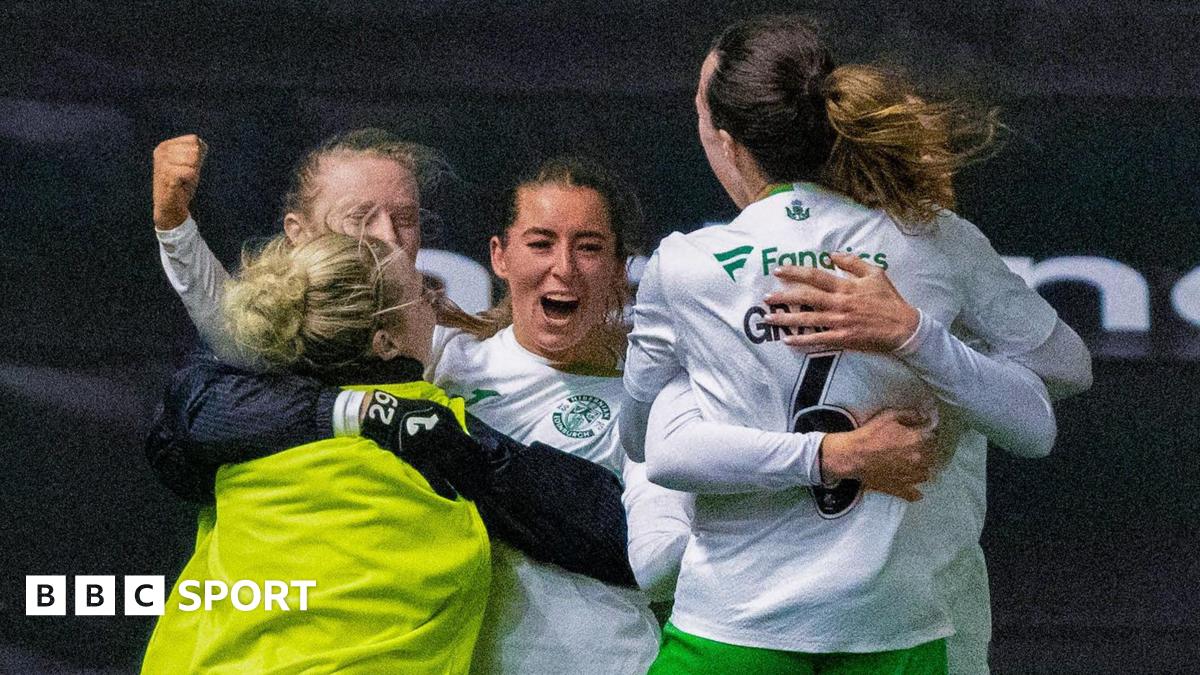World
World Champ Magnus Carlsen’s Fantasy Chess Startup Raises $3 Million

Fantasy Chess founder Magnus Carlsen and CEO Mats André Kristiansen have powerful backers to push a new fantasy and streaming startup in chess.
Fantasy Chess
Norway-based Fantasy Chess has raised pre-seed funding without a product from investors SNÖ Ventures, Coatue and funds led by billionaires Yuri Milner and Peter Thiel.
Last year, Magnus Carlsen declined to defend his chess world championship after five titles for a simple reason: he wasn’t having fun. “I simply feel that I don’t have a lot to gain,” he explained on his podcast. Instead, the same month as two other grandmasters dueled for the crown that April, Carlsen was trying something new: bringing fantasy sports to the ancient game.
Now the project he created, Fantasy Chess, is leveling up from experiment to venture-backed startup. Led by CEO Mats André Kristiansen, the former cofounder of an online grocery startup, Oslo-based Fantasy Chess has raised $3 million in initial pre-seed funding led by local VC firm SNÖ Ventures and Coatue, joined by billionaire investors Yuri Milner’s Breakthrough Initiatives and Peter Thiel’s fund Thiel Capital.
After testing a fantasy game with Norway Chess at its tournament last May, Fantasy Chess now hopes to open up the board beyond that genre, in which fans typically select players to fill out a team and receive points based on their performance in real-life matches. (In that instance, participants selected pieces of specific competitors to follow, winning points if they captured other pieces, and losing points if they were removed.)
“We’re trying to do more than just building a fantasy game, which was the original idea,” he said, moments after politely clobbering Forbes’ venture capital reporter in 30 speed-chess moves. “Now the idea is more around creating new content for chess, and presenting it in a better way.”
Fantasy Chess still plans to launch several fantasy-style games, Kristiansen said in a separate interview. But it’s also looking to win over current fans — and bring more to the game — by producing its own content and offering more streaming capability to elite players in real-world tournaments. It could also produce its own tournaments and events, the CEO added: “Whenever Magnus and the other top players in the world are playing chess, we want more people to get excited about that.”
All those possibilities are another way to say that Fantasy Chess is a novice, even for a startup. It has launched no official product, and has just six employees. But it’s looking to capitalize on a bright moment for chess in pop culture, from Netflix’s “The Queen’s Gambit” show to the rise of popular streamers like U.S. grandmaster Hikaru Nakamura, who boasts 1.9 million followers on the viewing service Twitch.
It’s also noteworthy because of its cofounder that no other chess startup can currently boast: Carlsen. If any newcomer can blitz the market, having the world’s highest-ranked chess player of all time, who some consider its greatest-ever player, certainly helps. “I think it would have been enormously much harder to do this company with Magnus,” admitted Kristiansen. “Without him on the team, I wouldn’t have joined.”
Carlsen’s interest in fantasy sports began about 10 years ago, he said, when he and a group of friends were avid fans of American fantasy football-focused sitcom “The League.” Inspired by the show’s hijinks, they started a league in a different kind of fantasy football, the English Premier League. Carlsen also tried fantasy basketball, but it was fantasy (English) football where he shined, briefly reaching No. 1 in the world in the contest in December 2019. Around the same time he was getting into fantasy, Carlsen had also founded a mobile game company, Play Magnus AS, to develop a chess app where players could compete against software modeled off Carlsen’s skill levels at different ages. Launched in 2014, the app and company behind it were acquired by Chess.com in 2022 for about $80 million, with Carlsen also taking equity in the leading chess site.
So Carlsen was a free agent fantasy enthusiast in 2023 when, as Ding Liren defeated Ian Nepomniachtchi, he teamed up with Norway Chess and a startup studio, Iterate, to launch a business called Pawn focused around fantasy chess, announced ahead of its app experiment at Norway Chess’ spring tournament that year.
On the heels of that trial, Carlsen and his team decided to formalize Pawn as a more traditional startup and raise outside funding. Pawn became Fantasy Chess, with a refreshed cap table (Norway Chess and Iterate remain investors) and a tech veteran CEO. Kristiansen was one month into a year sabbatical after his grocery startup, Oda, merged with a Swedish rival after losing the billion-dollar valuation it had reached in 2021, when he had coffee with Carlsen’s former manager. He quickly cut short his break from work.
“Building another product was something I really wanted,” Kristiansen said. “And I felt like in the worst-case scenario, I get to know Magnus and get a taste of the chess world. In the best-case scenario, we build the next great thing in chess.”
Expert-level chess skills weren’t required to work for Fantasy Chess or invest in it, its CEO said. SNÖ Ventures joined as a local firm with gaming startup expertise; Carlsen knew Milner personally through participating in his Breakthrough foundation and science prizes. In Los Angeles for its awards show, he met Coatue and Thiel, a skilled player who was the former boss of one of the partners at the Norwegian firm.
At this point, the investors are mostly betting on Carlsen and Kristiansen, said SNÖ Ventures partner Magne Uppman. “We look for teams and founders with unfair advantages, and this is such an unfair advantage with their combined backgrounds,” Uppman said.
Of course, without a product, Fantasy Chess has no revenue. Such crucial details will work themselves out, investors argue, as it figures out its streaming niche. “Fantasy Chess is different than other-chess related ideas we’ve seen because it is building a way for fans to engage with the best players,” Coatue’s Ben Schwerin added in an emailed statement.
For now, Fantasy Chess is looking at ways to monetize through advertising, Kristiansen said; while it may charge for premium statistics and insights, the startup intends to keep its games free-to-play. Betting — an increasingly popular way to cash in on fantasy interest in the U.S. — is also not a priority, he added. (A betting market on chess already exists in Europe, and Carlsen was sponsored by one such company for a while.)
Kristiansen and Carlsen also believe that other elite players and content creators, such as Nakamura, will want to use Fantasy Chess to reach larger audiences. “We’ve already had top players test the game and be excited to be a part of it. Even for top players, getting more content around chess broadcasts is something that they want.”
With Carlsen expected to defend his titles in the FIDE World Rapid and Blitz Championships this coming December, the pressure is on Fantasy Chess to launch a product in time to capitalize.
Then there’s a recently announced film project about a Carlsen-related chess scandal that could drive more buzz soon. (Carlsen abruptly quit a tournament in 2022 after a surprise loss to a teenager, then resigned after one move in their next matchup, fueling rumors his opponent was cheating.)
Carlsen was quick to joke that he had “no idea” who is set to play him on the silver screen. “[Chess] being part of the zeitgeist, this is good,” he added. “I generally welcome most of what’s happening right now.”







